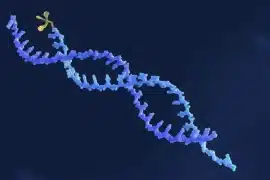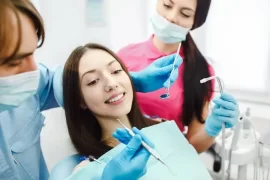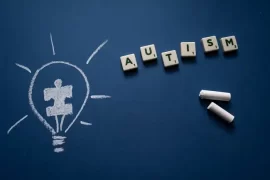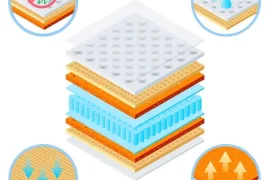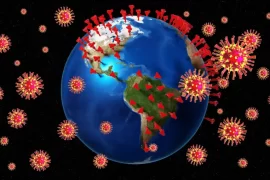Low testosterone, often referred to as “Low T,” is a prevalent concern affecting numerous men, especially as they age. This hormonal imbalance can lead to various physical and emotional symptoms that can significantly impact one’s quality of life. Testosterone is a hormone predominantly associated with male characteristics, but it’s also present in females, albeit in smaller amounts. This hormone plays a vital role in regulating various bodily functions, including muscle mass, bone density, and the distribution of fat. It’s also responsible for the development of secondary sexual characteristics, such as facial hair and a deepening voice.
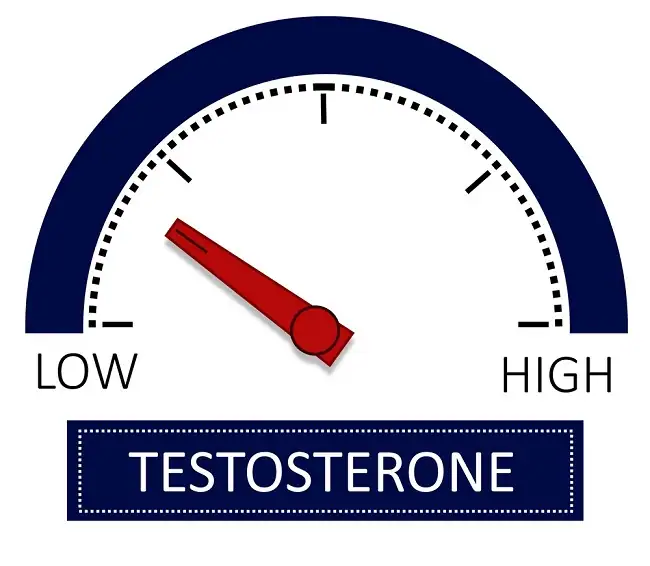
In this article, you will delve into the causes and symptoms along with low testosterone treatment, shedding light on this common yet often misunderstood condition.
Common Causes
Low androgen can be triggered by a range of factors, some of which are natural and age-related, while others result from specific health conditions. Here are some of the most common causes:
1. Aging: As men grow older, their androgen Levels naturally decline. This process typically begins around the age of 30 and continues throughout life. By the age of 70, many men experience significantly lower levels than in their youth.
2. Chronic Illness: Certain chronic conditions, such as diabetes and obesity, can lead to lower androgen levels. These conditions disrupt the body’s hormonal balance, affecting hormone production.
3. Medications: Some medications, like corticosteroids and opioids, can interfere with androgen production. If you’re concerned about your hormonal levels, it’s essential to discuss your medications with a healthcare provider.
4. Testicular Issues: Problems with the testicles, such as injury, infection, or tumours, can impede androgen production. In some cases, surgical removal of one or both testicles may be necessary.
5. Hypothalamus or Pituitary Gland Dysfunction: These parts of the brain regulate hormone production, including testosterone.
6. Lifestyle Choices: Poor lifestyle choices, like excessive alcohol consumption and substance abuse, can lead to lower androgen levels. Additionally, stress and insufficient sleep can contribute to hormonal imbalances.
Recognising the Symptoms
Low testosterone in man can manifest through various physical and emotional symptoms. It’s essential to be aware of these signs, as early detection and intervention can improve your quality of life. Some common symptoms include:
1. Low Libido: A decrease in sexual desire and performance is one of the most prevalent symptoms.
2. Fatigue: Persistent fatigue and a lack of energy, even after a full night’s sleep, can be indicative of lower androgen.
3. Reduced Muscle Mass: If you notice a decline in muscle mass and strength, lower androgen could be a contributing factor.
4. Increased Body Fat: Low testosterone often leads to an increase in body fat, particularly around the abdomen.
5. Mood Changes: Mood swings, irritability, and depression are associated with this issue. It can also affect cognitive functions, leading to reduced focus and memory.
6. Hair Loss: Thinning hair and loss of facial or body hair are physical symptoms of low androgen.
Seeking Help and Treatment
If you suspect you may have low testosterone based on the symptoms mentioned, it’s essential to consult a healthcare professional. A blood test can confirm your levels and help determine the underlying cause of your symptoms.
Treatment options like Testosterone Replacement Therapy vary depending on the severity of the condition and its underlying cause. In some cases, lifestyle changes, such as weight loss and stress management, may be sufficient to raise androgen levels. However, more severe cases may require hormone replacement therapy (HRT). HRT involves the use of testosterone replacement products, such as gels, patches, or injections, to restore hormonal balance.
Conclusion
Lower testosterone is a common condition that can affect men at various stages of life. Understanding the causes and recognising the symptoms is the first step toward addressing this issue. By seeking professional help and exploring suitable low testosterone treatment options, individuals with this issue can significantly improve their overall well-being and quality of life. Don’t hesitate to reach out to a healthcare provider if you suspect that low testosterone may be affecting you, as early intervention can make a world of difference.


